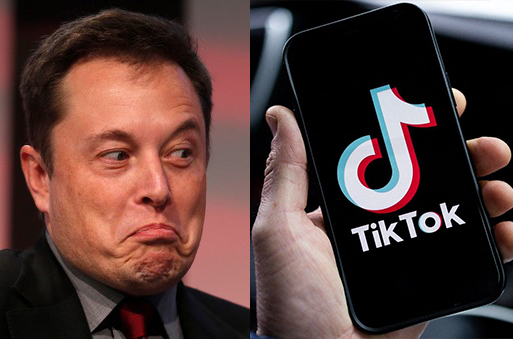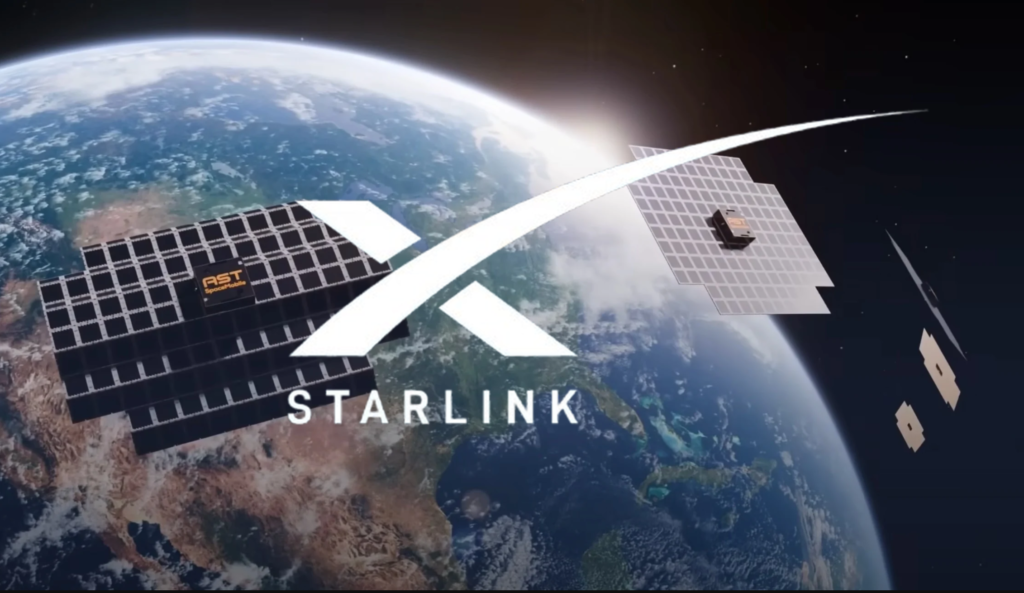
SpaceX and AST SpaceMobile in Dispute Over Starlink Connectivity
In a rapidly escalating conflict, SpaceX and AST SpaceMobile are at odds over the future of satellite-based cellular connectivity. The dispute centers on SpaceX’s request for the Federal Communications Commission (FCC) to relax radio emission limits for its Starlink system, a move that AST SpaceMobile and other telecom companies argue could interfere with terrestrial mobile networks.
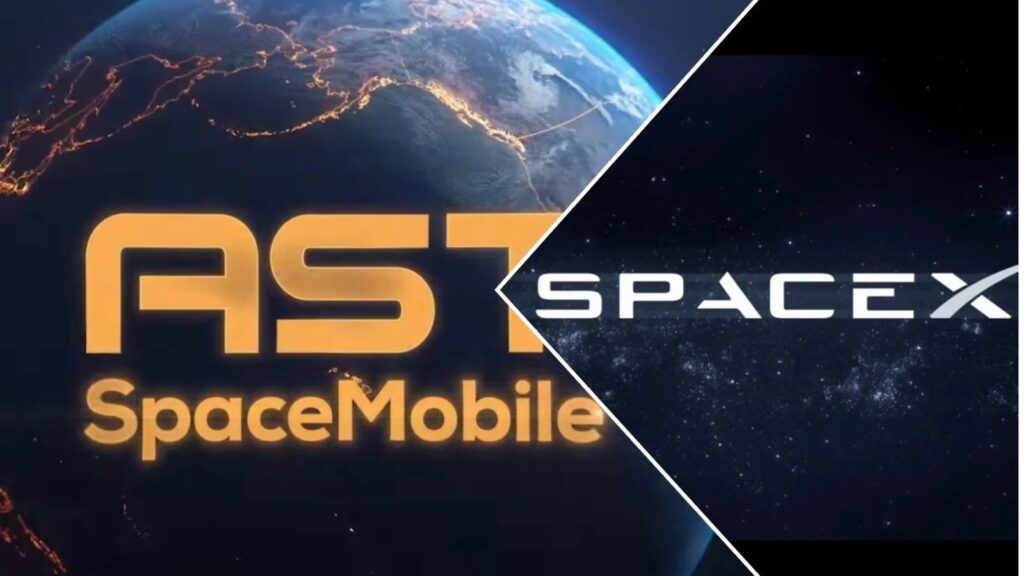
AST SpaceMobile, which is developing its own satellite-based cellular broadband service, has urged the FCC to reject SpaceX’s request. They claim that the proposed changes would disrupt existing mobile networks, compromising their integrity. In response, SpaceX has dismissed these concerns as baseless and accused AST SpaceMobile of spreading misinformation and engaging in anticompetitive practices to stifle competition.
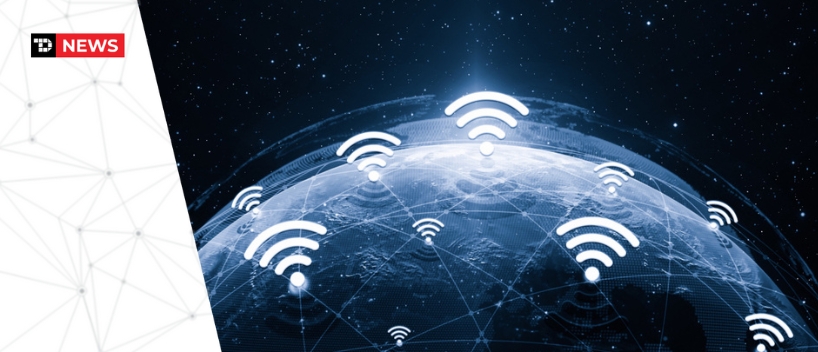
The outcome of this high-stakes regulatory battle could have significant implications for the satellite connectivity industry. As the FCC deliberates on SpaceX’s request, the decision will likely shape the future landscape of mobile internet services, affecting both industry players and consumers.
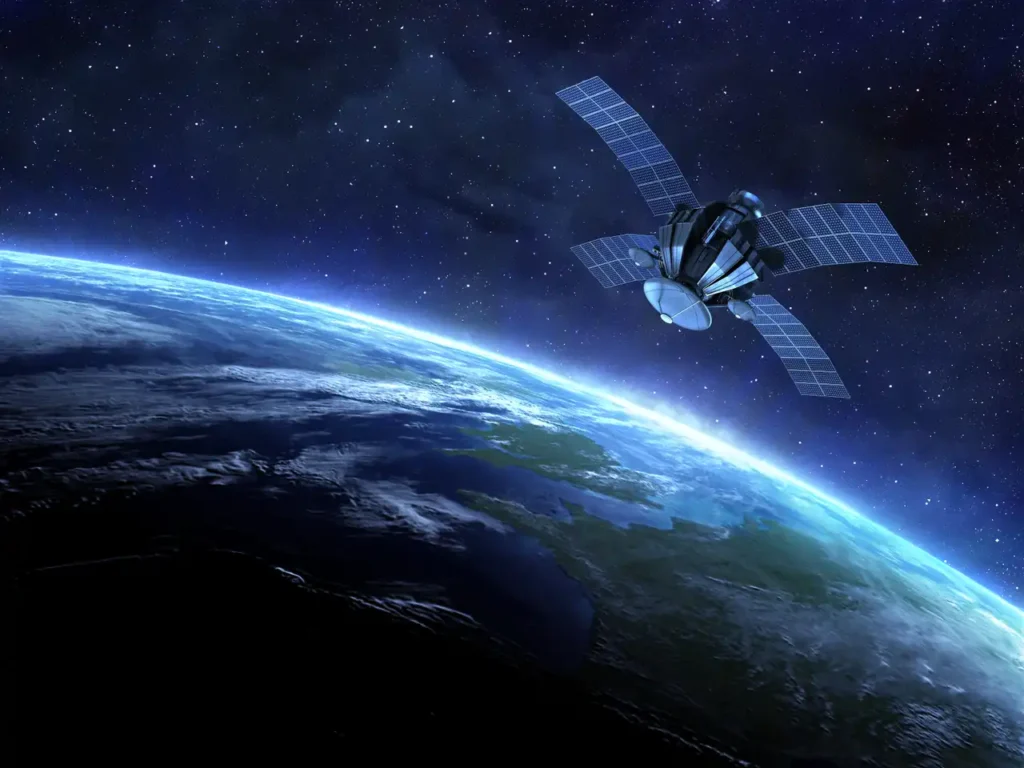
This dispute underscores the intense competition and regulatory challenges in the race to provide global satellite connectivity. The tech and telecom worlds are watching closely as the FCC’s decision will impact the future of mobile communication.
